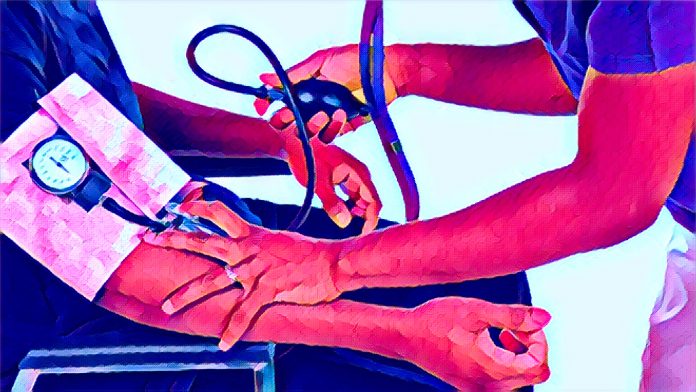In Nigeria, World Hypertension Day has brought a renewed focus on the steep challenges facing hypertension control, particularly the escalating costs of necessary medications. This financial burden is complicating efforts to manage the condition effectively across the country. As hypertension remains a major contributor to the global health burden, Nigeria’s struggle mirrors a larger crisis in low- and middle-income countries where access to affordable healthcare remains a significant hurdle.
The Nigerian Health Minister, Prof Ali Pate, emphasized the growing prevalence of hypertension, particularly among adults, with one in every three grappling with the condition. This increase is largely attributed to sedentary lifestyles and unhealthy eating habits that are becoming more common. On World Hypertension Day, the need for widespread public health education and preventative measures has never been more urgent.
The World Health Organization (WHO) reports that globally, over a billion people live with hypertension, a key risk factor for stroke, heart failure, and kidney disease. Despite these staggering figures, the disease is particularly rampant in Nigeria, affecting approximately 38% of the adult population. This statistic places a considerable strain on both the healthcare system and the economy.
Amid these challenges, the cost of hypertension drugs in Nigeria continues to rise, driven by the country’s heavy reliance on imported medications and the fluctuating foreign exchange rates. This situation has made treatment unaffordable for many, leaving them vulnerable to the severe complications associated with uncontrolled blood pressure.
Prof Simeon Isezuo, President of the Nigerian Hypertension Society, has called on the government to implement policies that would help reduce drug prices, such as encouraging local production. He also urged various sectors, including private companies and religious groups, to support low-income patients by funding their treatment and facilitating their inclusion in health insurance schemes.
Highlighting the inheritable nature of hypertension, Isezuo advocated for a community-based approach to managing the disease, suggesting that families should actively engage in promoting healthier lifestyles and regular blood pressure monitoring.
World Hypertension Day serves as a reminder of the critical need for accurate blood pressure measurement and control strategies to enhance longevity. This year’s theme underscores the importance of regular monitoring as a cornerstone of effective hypertension management.
In response to the crisis, experts recommend regular physical activity and dietary changes as key strategies to prevent and manage high blood pressure. Despite the potential benefits of these lifestyle modifications, the effectiveness of such measures is limited without access to affordable medications.
Prof Augustine Odili, National President of the Nigerian Cardiac Society, highlighted the increasing incidence of hypertension across all demographics in Nigeria, exacerbated by obesity and lack of physical activity. He stressed the importance of combining drug treatment with lifestyle changes to reduce the need for higher medication doses.
As the economic challenges persist, the burden of hypertension is likely to worsen, underscoring the need for a multi-faceted approach to this public health crisis. The government’s collaboration with international bodies like WHO and local organizations such as the Nigerian Heart Foundation is crucial in advancing the fight against this life-threatening condition.
The Nigerian Heart Foundation has also played a pivotal role in advocating for healthier living. It suggests legislative measures to discourage the consumption of unhealthy foods and promote physical activity as part of a holistic strategy to combat hypertension.
While the rising cost of drugs presents a significant barrier to effective hypertension management in Nigeria, a combined effort involving governmental action, community support, and individual lifestyle changes could form a robust response to mitigate this public health issue. As the country continues to grapple with this escalating challenge, the lessons learned could help shape more sustainable health policies not just for Nigeria but for other developing nations facing similar hurdles.



